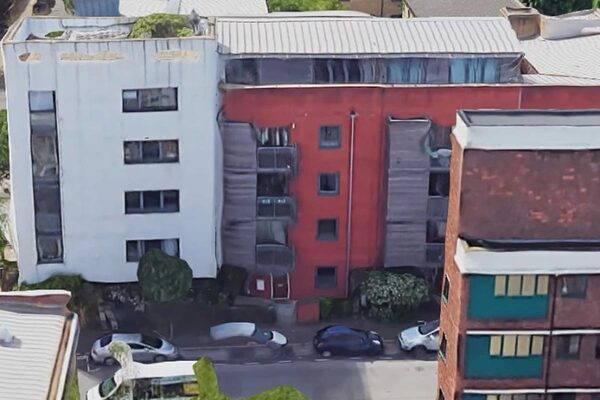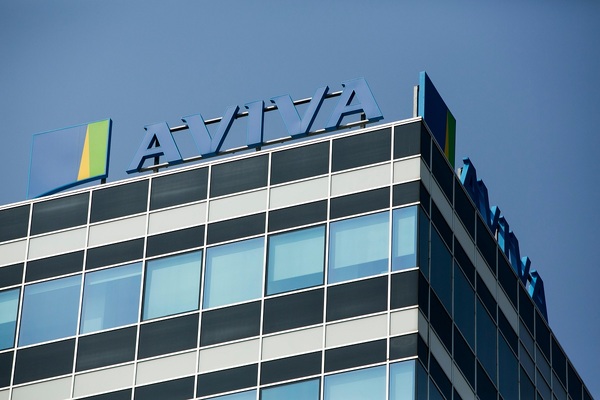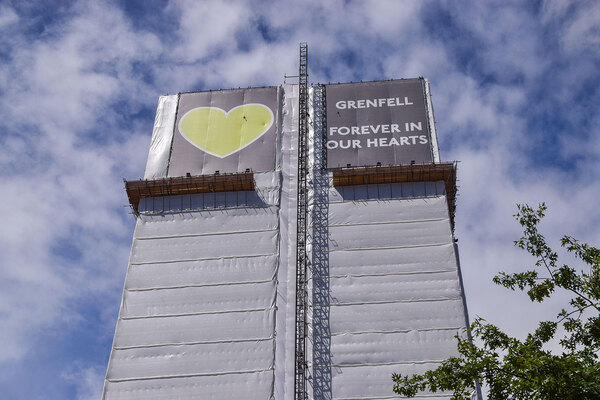Judge upholds that leaseholders not responsible for waking watch costs
A judge has dismissed an appeal by a freeholder that tried to recover more than £57,000 of waking-watch costs from leaseholders, because it failed to do a fire risk assessment (FRA) when it should have.
The Upper Tribunal upheld the First-tier Tribunal (FTT) decision against Radcliffe Investment Properties, which owns a block of flats in Manchester, that most of the waking-watch costs were not payable by the leaseholders, because they were “wholly avoidable”.
Leaseholders initially brought the case to the FTT after Radcliffe tried to recover £57,894 through their service charges for waking-watch costs ordered by a fire officer.
Park Rise, the building concerned, is an office block that was converted into 96 flats in 2018.
The developer responsible for the conversion was Mandale Homes, but leases on the flats were granted by a company named Hazelloch Limited.
The freehold interest in the building was acquired by Radcliffe in August 2018.
In January 2018, before the work to convert the building was completed, HE Woolley undertook an FRA.
The assessor concluded that the likelihood of fire at the premises was “medium” and that there was a risk of “moderate harm” in the event of a fire.
“It was therefore considered that the risk to life and fire at the premises was ‘moderate’ and it was said to be ‘essential that efforts are made to reduce the risk’,” according to the judgement.
The assessment document said the FRA should be reviewed by a competent person by January 2019, or earlier if there had been significant changes.
However, the judgement said there was “no evidence” that Radcliffe or its managing agent “took any steps to review the fire risk assessment or to commission a further assessment after the appellant acquired freehold of the building on 15 August 2018”.
In May 2019, a fire alarm in the block was disabled by a leak.
As a result, an officer from the Greater Manchester Fire and Rescue Service inspected the building and found that not only was the fire alarm inoperative, but there was evidence of “inadequate compartmentation and fire separation measures, and an absence of any information about the material used to clad the exterior of the building”.
The fire officer assumed that the material was an aluminium composite, which posed a risk to the safety of all residents, and threatened to stop anyone from occupying the block unless fire safety measures were instigated, including a 24-hour waking watch.
The leaseholders – 80 of the 96 flats were represented – disputed their liability for the waking-watch costs.
In July 2022, the FTT determined that the leaseholders were only liable for £5,859 of the costs, covering the period it took for the fire alarm to be fixed.
The FTT determined that the rest of the cost was attributable to the failure of Radcliffe to undertake a proper fire risk assessment and that the additional cost was unreasonable.
Radcliffe appealed the decision on the grounds that the FTT applied the wrong test to determine whether the costs of the waking watch were reasonable.
Its legal representative argued that how the repair costs came about was “irrelevant” to the reasonableness of the costs of the waking watch.
But the judge did “not accept” that position.
“The paradoxical proposition that the reason why a cost has been incurred is irrelevant to the reasonableness of incurring that cost may be an appropriate analysis in some cases, but it is not a rule of general application,” he said.
According to the judgement: “It is an offence under Article 32 of the Fire Safety Order to fail to comply with a requirement imposed by Articles 8 to 22 of the order, and the fire officer had been satisfied that the landlord was in breach of Article 9 and said so in the enforcement notice he served on 7 June.
“The landlord had the right to appeal against the enforcement notice but did not do so.
“Had the landlord complied with the law, no waking watch would have been required, because the fire safety defects would have been rectified long before the fire alarm panel was disabled by the water leak.
“In my judgement, the FTT was entitled to conclude that the costs of the waking watch were not payable by the leaseholders.
“This was not a case in which many years elapsed between the omission or breach of duty and the incurring of the cost made necessary by it.
“The waking watch was one part of the cost of making the building safe. The cost of the necessary remedial work to put right the fire safety defects was increased by the cost of the waking watch, but that increase was wholly avoidable.
“If the landlord had been aware of the need to put right the defects in compartmentation and the inadequate fire protection for the lift, as it would have been if it had commissioned an up-to-date fire risk assessment when it should have done, the cost of the necessary works would not have been increased by the cost of the waking watch.”
A spokesperson for Radcliffe said: “We note the decision of the tribunal.
“In this case, although the property manager had instructed an updated fire risk assessment in good time, it was delayed due to significant market constraints.
“Our main priority as a landlord is always the safety and welfare of residents and leaseholders and, throughout this time, we were able to persuade the developer to address the relevant building defects at no cost to the homeowners at Park Rise, in 2019, to the satisfaction of Greater Manchester Fire and Rescue Service.”
Giles Peaker, a partner at Anthony Gold Solicitors, said that although the decision “turned on very specific facts”, it could apply elsewhere.
He said compliance with carrying out FRAs was not very good.
“They were statutorily obliged to carry out an FRA, which they didn’t.
“The assumption is that the FRA would have picked up the issues, which is quite an assumption, but let’s say is right, and then the landlord, under the leasehold obligations as a freeholder, would have been obliged to remedy them.
“Assuming that’s all in place, I can see it applying elsewhere,” Mr Peaker said.
Sign up for our fire safety newsletter
Already have an account? Click here to manage your newsletters












